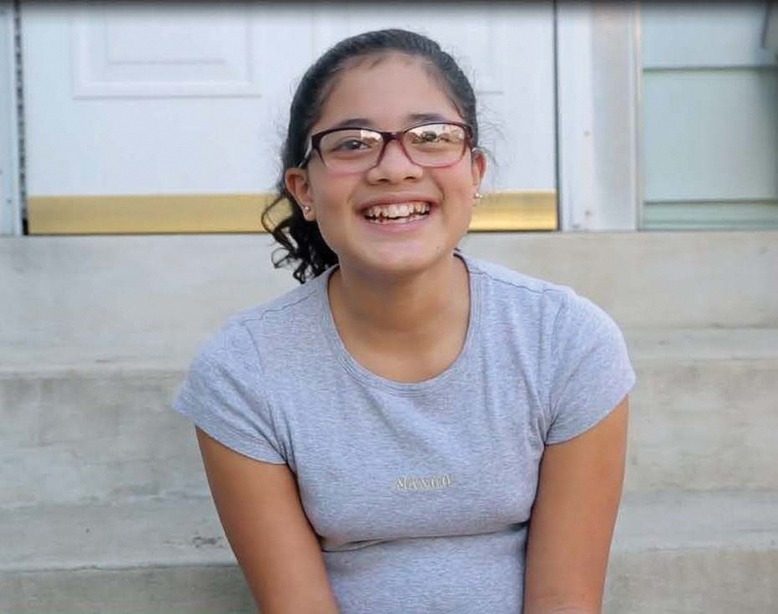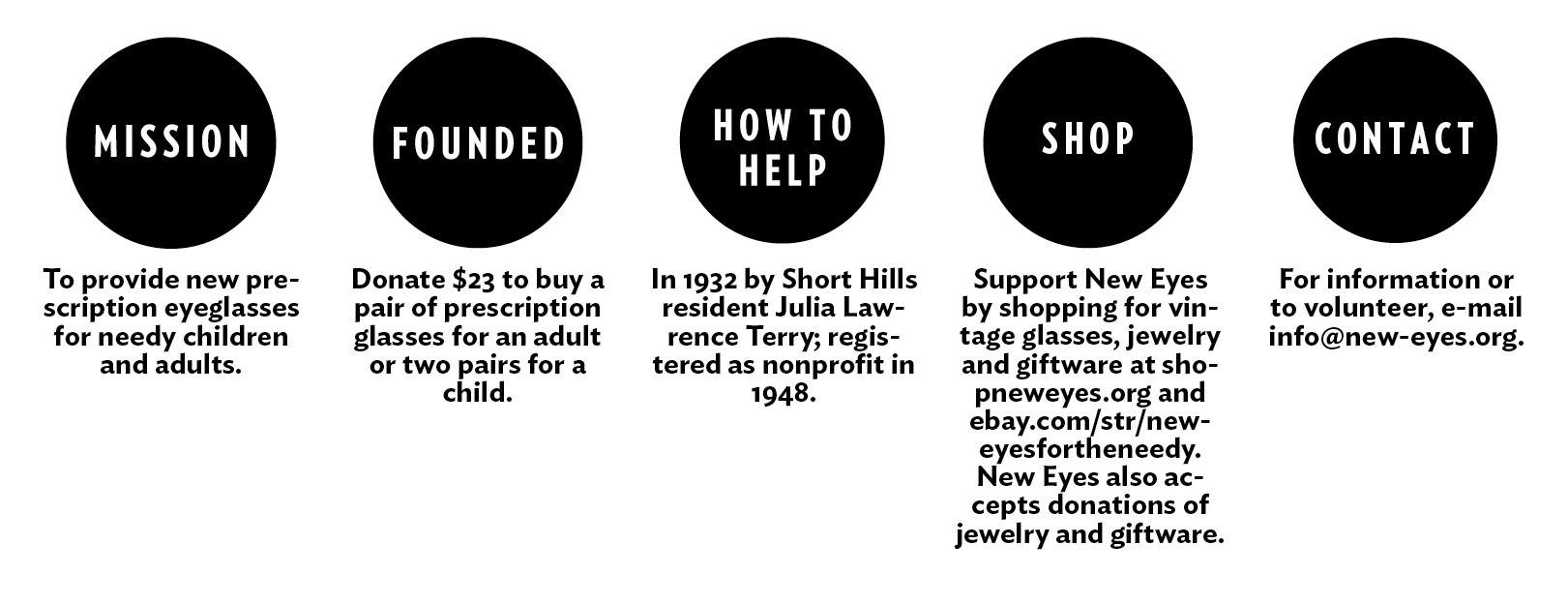
A senior looking for work. Quakertown school-children unable to read the board. A Toms River college student who couldn’t see class assignments, drive safely, or adequately care for his sick mother.
These are all Jerseyans whose daily lives suffered because they couldn’t afford glasses. Thanks to New Eyes for the Needy, they have overcome this impediment. Last year alone, the Short Hills nonprofit purchased new prescription eyeglasses for some 18,000 children and adults nationwide.
Jean Gajano, executive director of New Eyes, knows how life-changing corrective eyewear can be. “I’ve had poor vision since I was in third grade,” the Chatham resident says. “If my parents had not had the ability to get the eye care I needed, I don’t know how I would have accomplished my education, my career, raising my children.”
[RELATED: Nonprofit Provides Books to Underserved Children]
This is the reality for many. The World Health Organization estimates 800 million people globally struggle with activities because they lack access to glasses. In the United States, Gajano says, the average cost of a pair of glasses is about $195, a huge sum for some Americans.
New Eyes founder Julia Lawrence Terry was a Red Cross volunteer during the Great Depression when she noticed a number of people who couldn’t read the assistance applications due to poor vision. She began collecting used glasses to distribute, but pivoted to melting down the frames (mostly made with gold at the time) and using the proceeds to buy new glasses for those in need. Terry spread the word and amassed volunteers to sort donated eyewear. Volunteers kept the operation going after her death in 1947. In 1961, the nonprofit acquired its headquarters on Millburn Avenue in Short Hills.
New Eyes maintains Terry’s mission, Gajano says, but now relies heavily on technology. Social service agencies, school nurses and other health advocates apply online on behalf of their clients, who then receive an e-voucher to shop for frames on the New Eyes website. As of 2020, New Eyes no longer accepts used glasses. Instead, it obtains new frames and lenses from manufacturers at special prices.
With greater need and less access to social services due to the pandemic, the organization opened an individual application process as well.
Covid-19 also made it more difficult to get up-to-date prescriptions, which is required for New Eyes’s services. Free eye clinics, like the ones New Eyes previously held with the state’s Commission for the Blind and Visually Impaired’s Project BEST, are on hold.
New Eyes is working with a company to offer virtual acuity tests that verify prescriptions. (It’s also working to have virtual try-on software implemented). Gajano says the organization is getting ready to step up its services as people feel safer venturing out post-Covid vaccine. “We are here for them,” she says.

